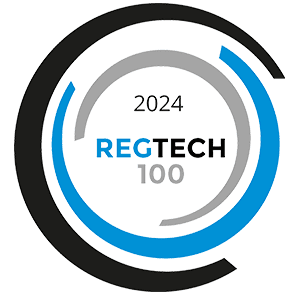Last month, the SEC voted to propose amendments to the definition of “accredited investor,” opening new avenues to previously underserved investors who have (or should have) the knowledge and expertise to participate in private capital markets.
The definition of an accredited investor is a central component of Rule 506(b) and 506(c) of Regulation D private placements exemptions. Under Rule 506(b), the private placement must not be sold to more than 35 non-accredited investors. Under 506 (c), all investors must be accredited.
Present Definitions
Currently, accredited investors include any natural person who:
1) Has earned income exceeding $200,000 in each of the prior two years and reasonably expects the same this year ($300,000 jointly with a spouse) or
2) Has a net worth over $1 million either alone or together with a spouse (excluding the value of their primary residence).
Accredited investors can also be any entity in which all owners or accredited investors or a trust with total assets in excess of $5 million which was not formed specifically to purchase the subject securities and whose purchase of said securities is directed by a sophisticated person.
Proposed Definitions
As detailed in the fact sheet, under the newly proposed definition, an accredited investor would include:
- Anyone with certain professional certifications and designations such as a Series 7, Series 65 or 82;
- with respect to investments in a private fund, add a new category based on the person’s status as a “knowledgeable employee” of the fund;
- limited liability companies that meet certain conditions, registered investment advisers, and rural business investment companies (RBICs) to the current list of entities that may qualify as accredited investors;
- a new category for any entity, including Indian tribes, owning “investments,” as defined in Rule 2a51-1(b) under the Investment Company Act, in excess of $5 million and that was not formed for the specific purpose of investing in the securities offered;
- “family offices” with at least $5 million in assets under management and their “family clients,” as each term is defined under the Investment Advisers Act; and
- “spousal equivalents” so that spousal equivalents may pool their finances for the purpose of qualifying as accredited investors.
Other Changes and Public Comments
The proposed changes also add limited liability companies and Rural Business Investment Companies (RBICs) to the list of qualified institutional buyers under Rule 144A if they meet the $100 million in securities threshold. There would also be a “catch-all” provision that would allow institutional accredited investors (of an entity type not otherwise included in the definition already) to be considered qualified institutional buyers if they meet the $100 million thresholds.
There is a 60-day public comment period that started on Dec 18, 2019. If you would like to submit a comment, you may do so by using the SEC’s Internet Submission Form or sending an email to rule-comments@sec.gov.
We hope you’ll follow us on LinkedIn to get the latest on continued updates regarding this and other upcoming regulatory changes.





